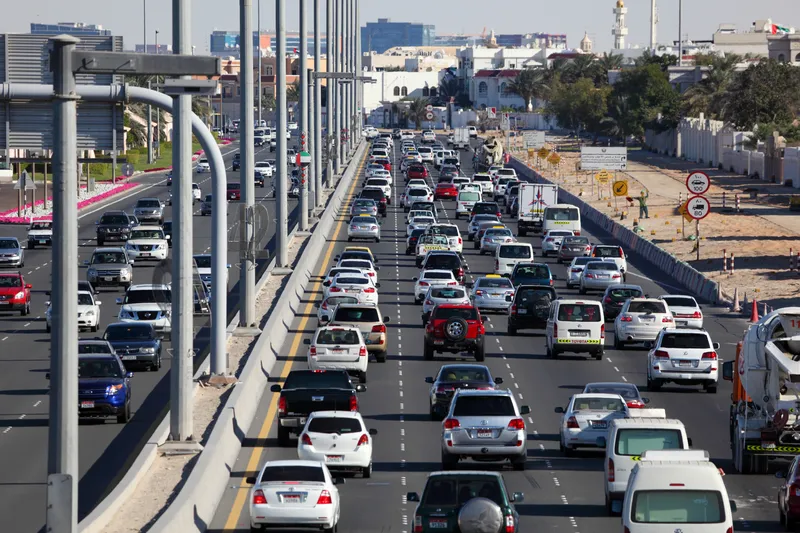
The Integrated Transport Centre (Abu Dhabi Mobility) has restricted the hours in the morning and evening during which heavy vehicles can move on the emirate's roads.
They are now banned in Abu Dhabi city from Monday to Thursday between 6.30am and 9am, and between 3pm and 7pm.
On Fridays, vehicles such as trucks and tankers are prohibited during the same periods - plus a two-hour exclusion in the middle of the day between 11am and 1pm.
Citing a "significant increase" in the number of vehicles using the roads, Abu Dhabi Mobility has introduced the new rules "to ensure the smooth traffic flow and enhance road safety".
The agency says it is "coordinating directly with the Abu Dhabi Police General HQ to ensure that heavy vehicle owners adhere to the specified timings".
The new initiative has been put in place to "reduce the impact of the interaction between heavy and light vehicles on the roads during peak hours, as it leads to variations in vehicle speeds and causes traffic accidents, thereby increasing traffic congestion".
It will also help preserve roads and bridges "from damage caused by excessive loads".









